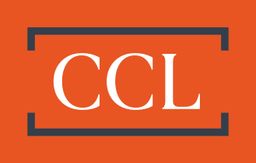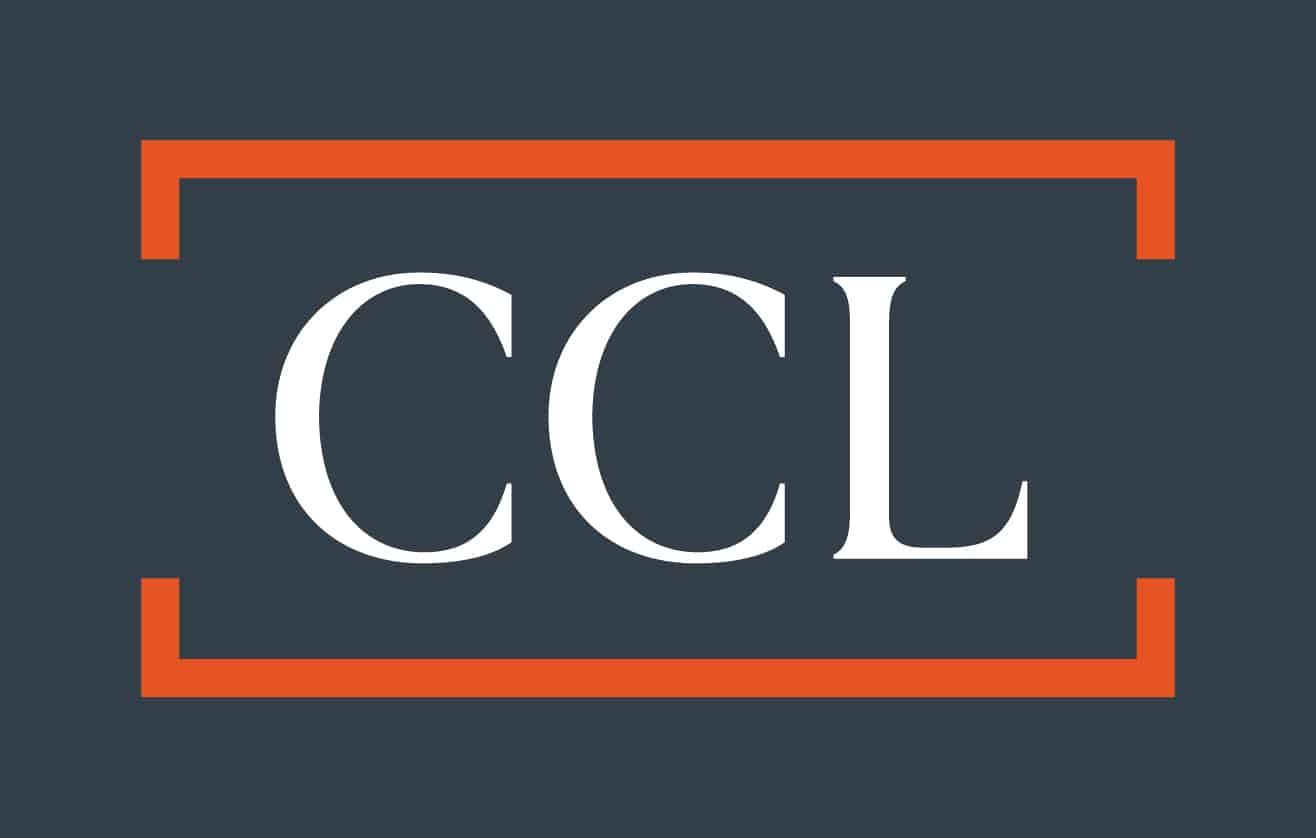
WELCOME TO CCL PROPERTY
Residential & Business
Sales in Scotland

Our property & commercial services
At CCL Property we put you at the centre of everything we do and ensure that your selling and buying decisions are based on having the best information and the best support and guidance throughout the transaction.
Request a valuation

Request a valuation
At CCL Property we understand that your property is likely to be one of, if not the, largest asset you own. Our services never lose sight of this and are designed to make a sale as smooth and straightforward as possible.
From our offices in Elgin in Moray we provide full national coverage across Scotland. Being located in Moray means we have an intimate knowledge of the surrounding areas and a real understanding of what it takes to sell residential properties successfully throughout the country.
Sign up for our newsletter
Subscribe to receive the latest property market information to your inbox, full of market knowledge and tips for your home.
You may unsubscribe at any time. See our Privacy Policy.










